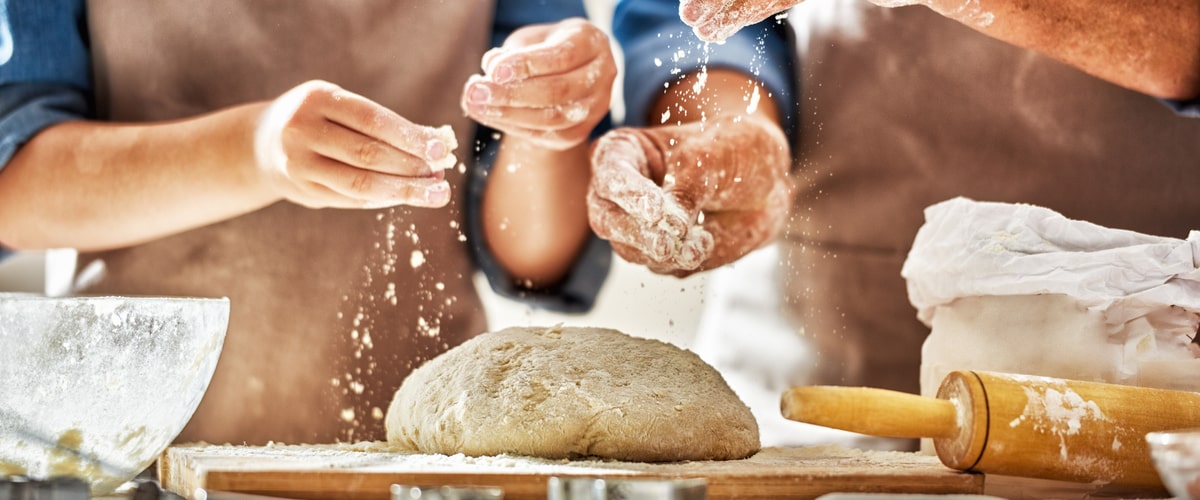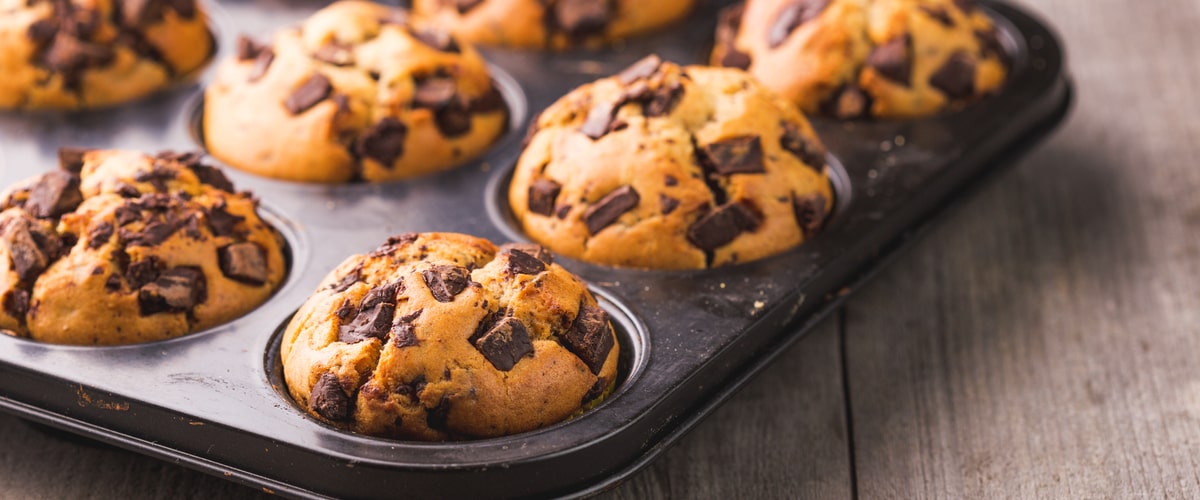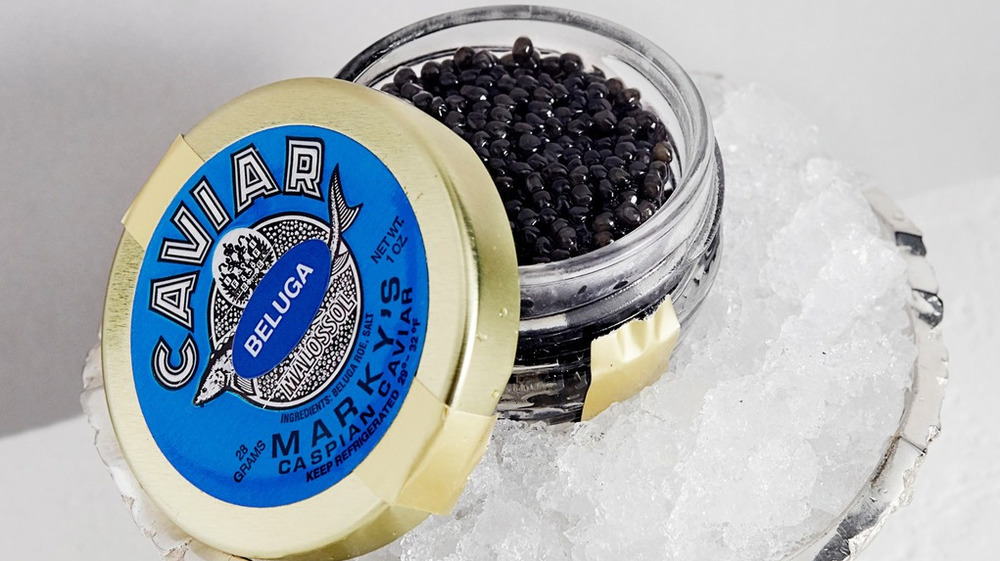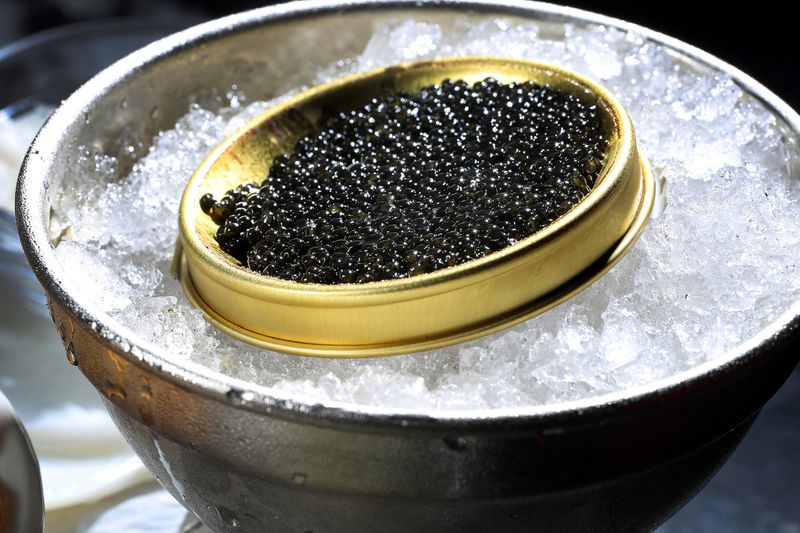The Science Behind Baking: Understanding the Chemistry of Ingredients
We all have our favorite go-to recipes that we keep going back to time and again, from holiday classics to birthday cakes. Even if you’re no culinary expert, taking a look at the science behind why certain ingredients work together can turn your home cooking into something special. Understanding the chemistry of baking, however daunting it may sound, is essential for scrumptious success in the kitchen – Enter Marky's Gourmet Foods! Our experienced team of home chefs bring an extensive knowledge on food science for every dish they make. We are passionate about helping aspiring cooks create delicious dishes with a strong understanding of what works and why. And when delivered straight to your door? You're guaranteed flavorful treats without lifting a finger! So let us explore how different ingredients like sugar, flour and butter come together to make these magical creations and get ready to be blown away by the power of gourmet cuisine!
What is food chemistry and why is it important in baking

Food chemistry is the foundation of successful baking, and a true baking aficionado knows this all too well. Without an understanding of food chemistry, it's impossible to understand the basic principles that make baked goods rise, brown, or achieve that perfect, flaky texture. At its core, food chemistry looks at how individual ingredients work together to create a final product. For example, it's only through the process of fermentation that yeast can create the necessary CO2 for bread to rise. Understanding this process is essential in baking bread. Additionally, understanding how baking soda interacts with an acid, like buttermilk or vinegar, is essential in making light, fluffy cakes and biscuits. So, if you want to achieve greatness in baking, you must have a firm grasp on food chemistry.
Exploring the role of baking ingredients and how they interact with each other
Baking is more than just mixing ingredients together. It's about understanding how those ingredients interact with each other to create a delectable final product. From flour to sugar, baking powder to eggs, every ingredient has a specific purpose and role in the chemistry of baking. Flour provides the structure, sugar adds sweetness and moisture, baking powder creates lift - the list goes on. As a passionate baker, I am always fascinated by the science behind baking and how each ingredient affects the final result. Through research and experimentation, I have gained a confident understanding of the role that each component plays in creating a perfectly baked treat. Whether you're a seasoned pro or a beginner, exploring the intricate world of baking ingredients is a journey that you'll never regret taking.
Examining the types of reactions that can occur when baking and how to use them to make more delicious recipes
Baking is a science, and understanding the types of reactions that take place in the heat of the oven is crucial for making delicious treats. One of the most important reactions in baking is the Maillard reaction, which occurs when heat causes amino acids and reducing sugars to combine and form the delicious brown crust that we all love. But there are other reactions, such as caramelization and the reaction between baking soda and acidic ingredients, that can also contribute to a recipe's flavor and texture. By understanding how these reactions work, you can tailor your recipes to achieve the perfect balance of sweetness, acidity, and texture, resulting in truly memorable baked goods. So go ahead and experiment with different ingredients and techniques – with a little knowledge about the science of baking, the possibilities are endless!
Understanding the differences between wet and dry ingredients and their effects on texture, flavor, and appearance of baked goods
When it comes to baking, understanding the differences between wet and dry ingredients is crucial for achieving the desired texture, flavor, and appearance of your delicious creations. Dry ingredients such as flour, sugar, and spices play a critical role in providing structure and flavor to baked goods, while wet ingredients such as eggs, milk, and oil bind everything together and add moisture. The proportion and combination of these ingredients can be altered to produce a wide range of textures from dense and fudgy to light and airy. Furthermore, the type and amount of wet ingredients used can affect the color, flavor, and overall appearance of a baked good. With a thorough understanding of the differences between wet and dry ingredients, you can create perfectly balanced and delicious baked goods every time.
The power of yeast in bread making - what elements are needed for the perfect rise
Bread making is an art form that has been perfected over the centuries, and one critical element in this culinary craft is yeast. Yeast is an essential ingredient that helps dough rise and creates that beloved airy texture in baked goods. But not all yeasts are the same, and achieving the perfect rise requires the right combination of yeast, flour, water, sugar, and salt. The type and quality of yeast significantly impact the bread's final texture and flavor, while flour provides the necessary gluten to trap the gassy bubbles created by yeast during fermentation. By understanding and mastering the delicate balance between these elements, bakers can harness the power of yeast to create bread that is both delicious and satisfying.
Tips from Marky’s Gourmet Foods on creating delicious baked goods every time!

There's nothing quite like homemade baked goods - the smell of fresh bread or cookies filling up your home just can't be beat. But so often, we can find ourselves disappointed with the outcome of our baking attempts. That's where Marky’s Gourmet Foods comes in. With years of experience crafting delicious baked treats, we learn a thing or two about what it takes to create something truly special. Our top tip? Use high-quality ingredients. It's as simple as that. When you start with good ingredients, you're already halfway there. From there, it's all about taking the time to measure accurately, mixing properly, and baking to perfection. Trust us, your taste buds will thank you.
From understanding the basics of food chemistry and the role of ingredients to mastering baking reactions for delicious results, you have gained a whole new level of knowledge on how to bake like a pro. Working with a variety of wet and dry ingredients and becoming familiar with bread-making gives you an arsenal of tools to create something exceptional every time. Marky’s Gourmet Foods is committed to helping you get there - more than just spoonfuls of sugar - with personalized advice and tips to make your kitchen creations stand out. So grab some flour, sugar, butter, eggs, and yeast then let your taste buds be the judge – who knows where it will lead? With food chemistry knowledge in your pocket, every oven will become an adventure!






